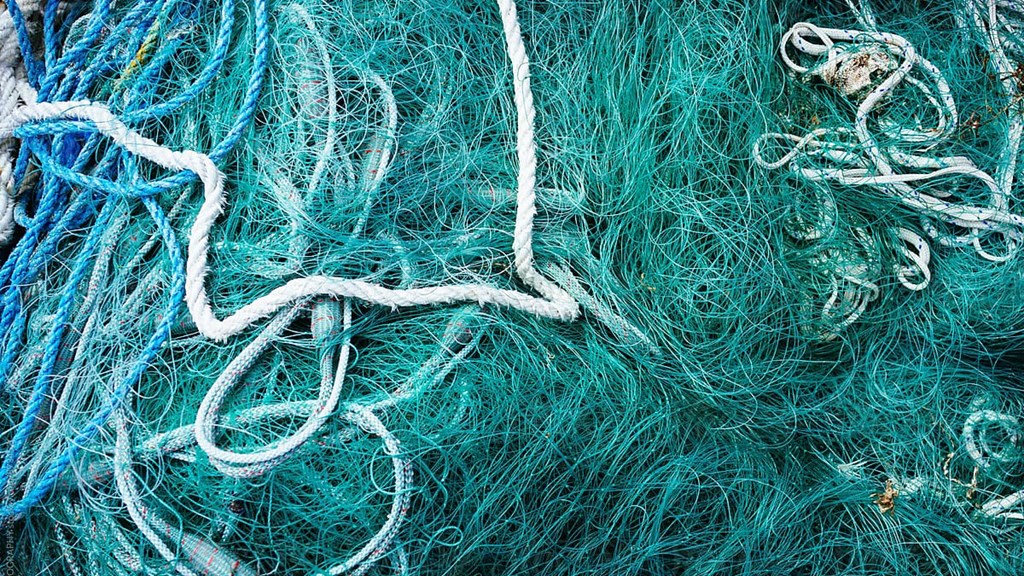Ecological and socio-economic problems arising from the abandonment, loss or disposal of fishing equipment are a growing concern. Gillnets and trammel nets, used primarily in small-scale, coastal and artisanal fishing, have a high potential to produce ghost fishing and contribute directly to the problem of marine litter, but also affect non-target species of fishing such as birds and marine mammals, some of which are threatened, and contribute to the introduction of non-biodegradable synthetic plastic materials into the food chain.
The quantity, distribution and effects of lost fishing equipment has increased substantially in recent decades with the rapid expansion in fishing effort and the use of highly durable synthetic materials in the manufacture of gear, and marine pollution caused by non-degradable plastics has made it one of the most serious environmental problems on a global scale.
The E-REDES project, promoted by the municipality of Esposende in partnership with the Municipal Company Esposende Environment, the University of Minho and the Environmental Defense Association - Rio Neiva, consists of an unprecedented pilot study proposed for the Esposende coast. This study consists of providing biodegradable nets to the local fishing community, to assess the contribution of this initiative in reducing ghost fishing and introducing synthetic plastic material into the ocean. The study involves the evaluation of the physical properties and durability of innovative monofilaments, the feasibility of manufacturing gears with them, and the fishing efficiency of nets built from biodegradable materials when compared to conventional nets.
The sustainability of the use of biodegradable materials will be evaluated in comparison with conventional synthetic materials from an economic, environmental and social point of view to conclude whether the use of biodegradable nets could be a viable alternative to conventional nets considering their cost and fishing efficiency.
Another key element of the E_REDES project is the identification of sources of marine litter and the assessment of the quantity and nature of the litter thrown to the beaches. This information is crucial for taking action to eliminate the origins of marine litter. It will contribute to the design of future management measures based on constant and systematic monitoring, supporting managers and decision makers with the necessary evidence.
The final challenge will be to promote community awareness of the problems associated with marine litter.
More details about the Project can be found here.
The Environment Programme supports this project within the scope of the Small Grant Scheme # 1, which aims to finance projects that focus on priority areas for reducing plastics in the oceans and promoting awareness of the challenges related to plastics in the oceans and proposing solutions.
Under the EEA Grants 2014-2021, Iceland, Liechtenstein and Norway, as donor Countries, finance, in 15 Member States of the European Union, initiatives and projects with the objective of reducing social and economic disparities by strengthening bilateral relations with beneficiary Countries.
Know more about EEA Grants.
